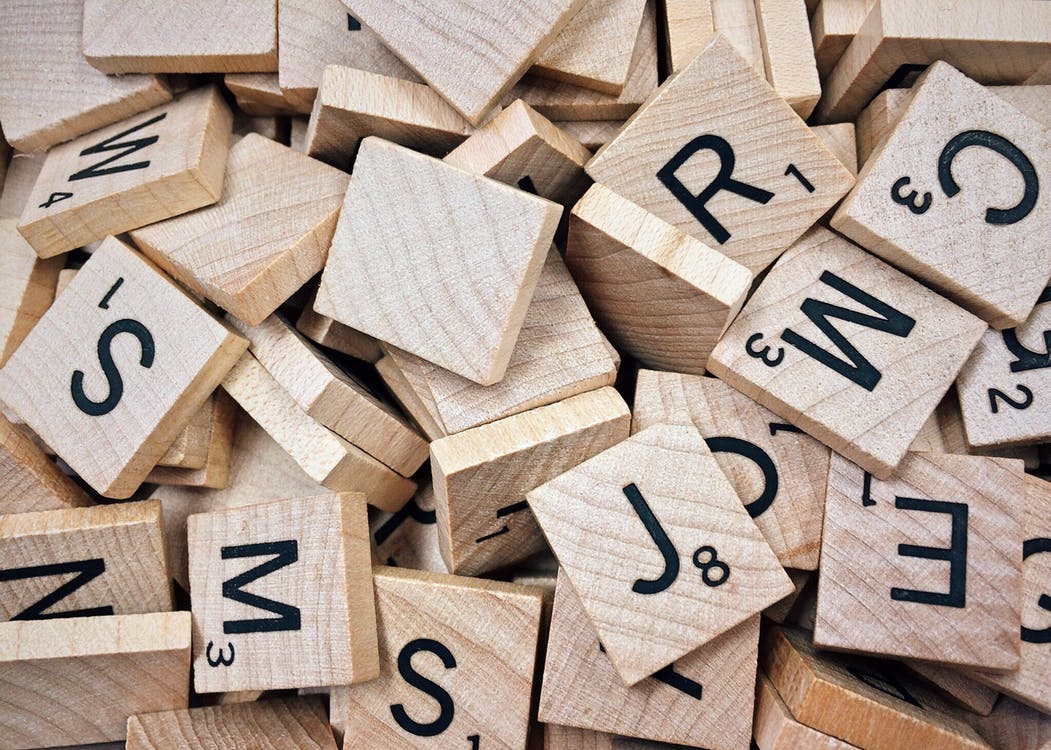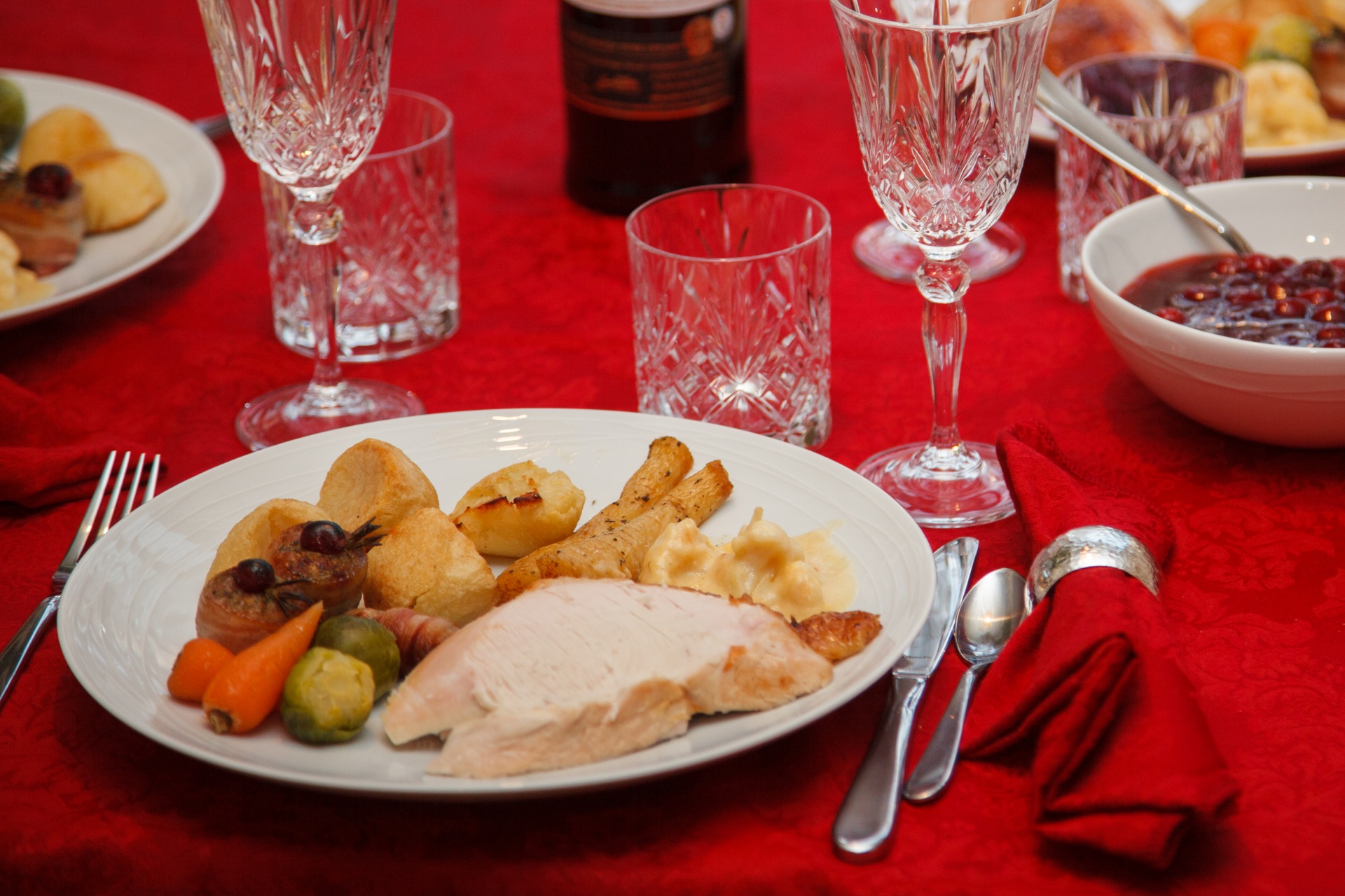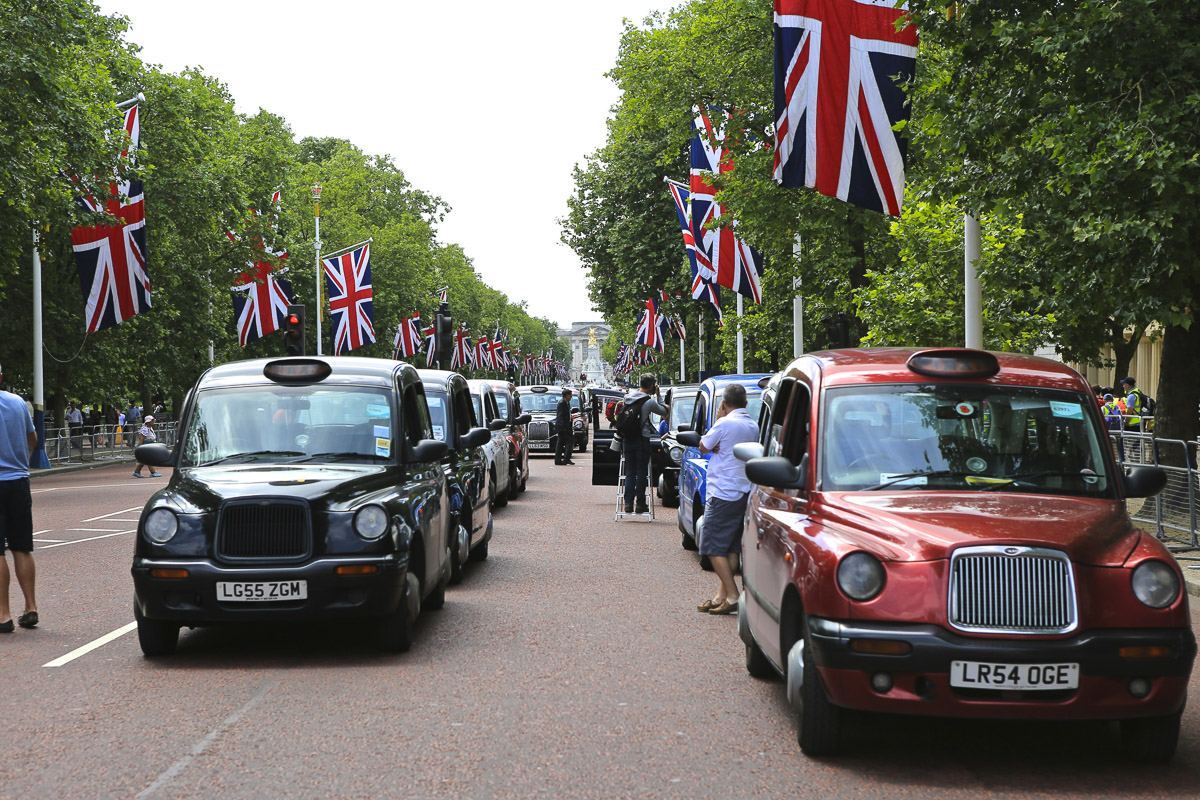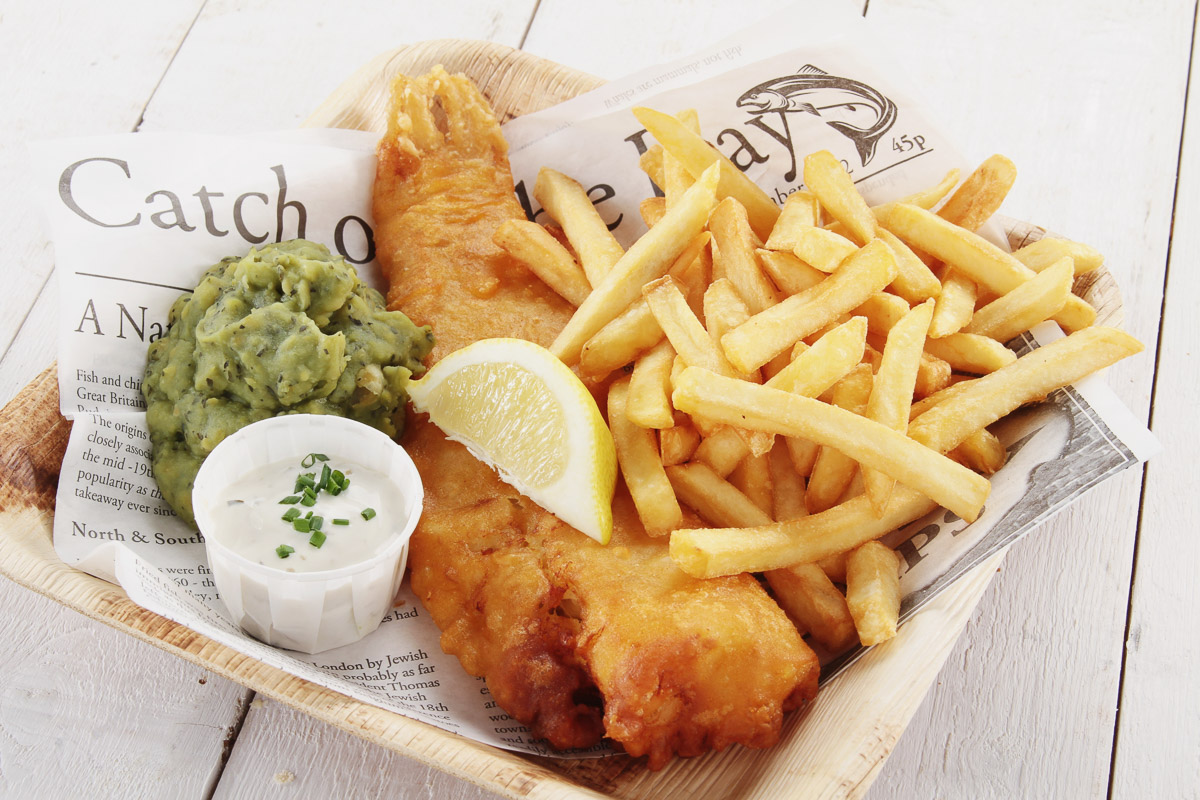The British Royal family is certainly important to a lot of people in the UK although not everyone is interested in what they do. There are also a lot of other countries that seem to be interested in what happens to the British Royal Family and America is one of them. This is even more important to the USA when an American is about to join our royal family.
Who is Prince Harry?
Prince Harry is the son of Prince Charles who is also known as the Prince of Wales. His mother Diana sadly died in an accident in Paris in 1997. Prince Harry has a brother called Prince William. Prince Harry is 6th in line to be King. He was further up the list but when Prince William had three children they become a more direct heir (1) to the throne. Prince Harry is now sixth in line behind his father, his brother and his 2 nephews and niece (Prince George, Princess Charlotte and Prince Louis) Prince Harry has been in the British Army and has done a lot of charity (2) work. He is generally well liked in the UK by most people.
Who is Meghan Markle?
Meghan Markle is an American Actress. She has been in a number of movies like Anti-Social and Horrible Bosses but has also starred in the hit (3) TV show Suits. She is 36 years old and comes from Los Angeles, California. She has been dating (4) Prince Harry since July 2016. Meghan has been married before which is very unusual for someone in the Royal Family.
The News
The news that Prince Harry was engaged was certainly a very big thing in the UK. Meghan’s parents have said “We are incredibly happy for Meghan and Harry.” Harry’s parents have said “‘We are very excited for Harry and Meghan. It has been wonderful getting to know Meghan and to see how happy she and Harry are together.”.
As soon as the news was announced the couple have been in the newspapers and online a lot. It is also something that many people in the UK are talking about and will be for a long time.
The Wedding
The wedding takes place (5) on the 19th May 2018 at St George’s Chapel in Windsor. This place is known to be very important and special to them both. It will be a private wedding but there will be a lot of celebrations across the UK and many thousands of people will be in London celebrating publicly.
Latest News
Meghan was baptised (6) and has joined the Church of England to be allowed to marry a member of the Royal family. She has also started working on becoming a British Citizen and will take the British Citizenship test after her marriage. She has now stopped her work as an actress and will concentrate on her charity work.
If you are working in the UK or you are going to be near the time of the wedding you will certainly hear and have conversations about the couple. We offer online English courses if you are working on planning on coming to the UK or other English speaking countries.
VOCABULARY:
- Heir: legally inherit a title or position.
- Charity: organization that helps those in need.
- Hit: successful, popular.
- Dating: when a couple appear in public together.
- Take place: occur, happen.
- Baptise: ceremony to admit someone into a particular Church.










